The first day of Concorto 2020 is here: in this complex, surreal and acrobatic year, full of doubts, if not of suffering, the first day of the festival has come, something that just a few months ago seemed out of reach.
But let’s jump straight to this evening’s films, the ultimate reason why we held out against this year’s obstacles. For today, Palazzo Ghizzoni’s greenhouse (Piacenza) takes a day off, so the grand opening will be at Parco Raggio, 9 pm.
To Después También, a very gentle Catalan fiction about how hard it is to accept a reality that seems too heavy to be real, the honor to open the event. Then Genius Loci, a lovely and gentle French animation. Followed by the first short competing for the Asino D’oro, La quarta parca by director Angelica Gallo, who will be with us throughout the evening. After a short break, Postcard from the end of the world will take us directly to Greece, while the extraordinary and brainy animation Apfelmus will lead us to Austria. The last films in competition will be the Iranian Sona and Darling, which takes us to the complex, full of prejudices world of transgender actors and actresses.
Grand opening also at the night Greenhouse in Parco Raggio with Music Riot (here Carlotta Magistris’ reviews), followed by Deep Night to give you some thrills and chills.
We are waiting for you at the festival!
Después También – Carla Simón
Seen by Elena Saltarelli
The thing that most captures the viewer’s attention in the Catalan director Carla Simón’s new short film is silence. Every moment that precedes the acknowledgment and expression of a situation seen as horrible and unacceptable is analysed without filters. One of those things that, so long as they remain only a thought, are amorphous and without their negative charge; but, once they are expressed, they materialise themselves and they are catapulted in the real world. Edu is a boy to whom, after having a risky sexual intercourse, is advised to take a test for HIV. Under the Spanish summer’s sun, the camera concentrates with stringent synthesis on the emotional reaction to the news with which the protagonist will have to confront himself. Poised between youth and adulthood, the moment has come for him to take the next step and make what is scary a real thing. This is conveyed in a masterly way without the need to explain it in words, but taking advantage of image and silence, capable of giving us an extraordinary emotional impact.
Genius Loci – Adrien Merigeau
Seen by Margherita Fontana
A real gem at Concorto 2020 has to be Adrien Merigeau’s Genius Loci, which already won a Special Mention at Clermont-Ferrand International Short Film Festival (2020) and is among the shorts selected at the Berlinale. Genius Loci is a terrifying ode to the chaos of the city. In this wonderful animation, where the touch of Celine Devaux, director already at Concorto 2018 with Gros Chagrin, is to be found, we explore the metropolis at night together with the young Reine. The short portrays in a literal but yet incredibly effective way how the animal nature emerges from the city’s anthropic elements. Even though it comes across as an unlivable cage, the city turns, right before our eyes, into a cozy forest inhabited by theriomorphic creatures. To live it, to experience it, means to blend with it. To express this merging of human, animal, and artificial, the animators use a visual repertoire that refers back to the history of art, from Picasso to Cubism, passing through Mirò. A true visual poetry.
La quarta parca – Angelica Gallo
Seen by Margherita Fontana
According to Roman mythology, even the Gods are not able to change what the three Parcae decide: the first one spins the thread of life, the second, by measuring it, shapes each one’s fate, and the last one puts an end to it, cutting the thread. In the documentary-like short film directed by Angelica Gallo La quarta parca (the fourth Parca) is Sabina Cervoni, a member of the Exit Swiss project, namely in charge of assisting who decides to legally end his own life. The director accompanies us through Sabina’s life, who lives in Geneva together with her son, enjoying sports and volunteer work. Through her eyes as a free and emancipated woman, struck by the never-ending illness which took her brother away, we see first-hand the human dignity emerging from every interaction with whoever chose euthanasy. Without any rhetoric and without falling into the banality of drama, La quarta parca gently shows the profound meaning that owning your own life assumes.
Postcard from the end of the world – Konstantinos Antonopoulos
Seen by Yorgos Kostianis
More often than not, life has cunning ways of imitating art.
A couple of years ago, when Konstantinos Antonopoulos was wrapping his latest short, he couldn’t have possibly predicted how staggeringly prescient it would feel for the proverbial viewer in 2020.
Postcards from the end of the world, is exactly what its title suggests. Idyllic scenes from the seemingly uneventful vacation of a family in the greek island of Syros are quickly disrupted by what appears to be an imminent apocalypse.
Contrary to the adrenaline pumped and catastrophic chaos that one would have come to expect from such a film, Antonopoulos twists the genre conventions by focusing on the mundane malaise of a middle-class family finding itself in the eye of the storm.
The paradisiac beauty of the Mediterranean craftily juxtaposed with the existential dread of Armageddon give the film an almost surreal atmosphere; while its focus on the corollaries of impending doom to the human condition hits uncomfortably close to home.
Apfelmus – Alexander Gratzer
Seen by Irene Pagano
Existentialists birds, singing watchmen and a couple of bears discussing the complexity of their relationship in the most delightifully philosophical and ironic tone: this is “Apfelmus” by Alexander Gratzer, a brilliantly drawn and animated short film depicting three scenes from a fairytale-world as if construed by slightly cerebral, likely stoned twenty-something having a chill chat on the sofa. With its bright visuals and deadpan humor, “Apfelmus” evokes that awfully familiar and slightly morbid feeling of looking at what would have aroused our imagination as children and in a way still does, albeit with an entirely new level of awareness and self-consciuousness at its core. Perhaps, a sort of disappointment of our urge for indulging in nostalgia that we’re never quite ready to cope with, if not with a whimsical joke and bittersweet wonder.
Sona – Maryam Mahdiyeh
Seen by Sofia Brugali
Shirin visits with her two kids at the stables where her husband works, bent on recalling him to his duties as a father, but once there she finds out that he has left Iran. This is the plot of Sona, a short film which describes the condition of an abandoned woman, forced to raise her children by herself. Despite her partner’s irresponsibility and the indifferent behaviour of his collegues, both syntoms of a society still bound to the traditional roles of men and women, Shirin manages to find a safe space where she can feel comforted. I’m talking about her inner reality, where she takes shelter when she sees the horse Sona. By following the steps of the main character and examining her gaze, the director Maryam Mahdiyeh reveals to the audience the emotions, the desires and the power of a mother.
Darling – Saim Sadiq
Visto da Vanessa Mangiavacca
Darling, which won the Orizzonti Award for Best Short Film at the International Venice Film Festival (2019), follows the day of Alina, a trans girl who is getting ready for an erotic dance performance. In a conservative, repressive but yet contradictory culture as the Pakistani one, erotic dance performances are more than tolerated, even appreciated. The work offers a snapshot of a very current topic, that of transgender actors and actresses’ representation in contemporary cinema (that is to say, a very low representation, despite the alleged Hollywood’s open-mindedness), which often leads to a distorted and helpless depiction. Far from the stereotypes of Western representation, Saim Sadiq gives a neutral and balanced insight. He explores masculinity and femininity with no exaggerations nor drama, on the contrary, he sheds light on the unknown Pakistani queer culture, an LGBT community of 350,000-500,000 people. Darling is a cutting-edge, clear, and delicate revelation on sexual identity, a tribute to the Bollywood dream, as well as a love and friendship story.

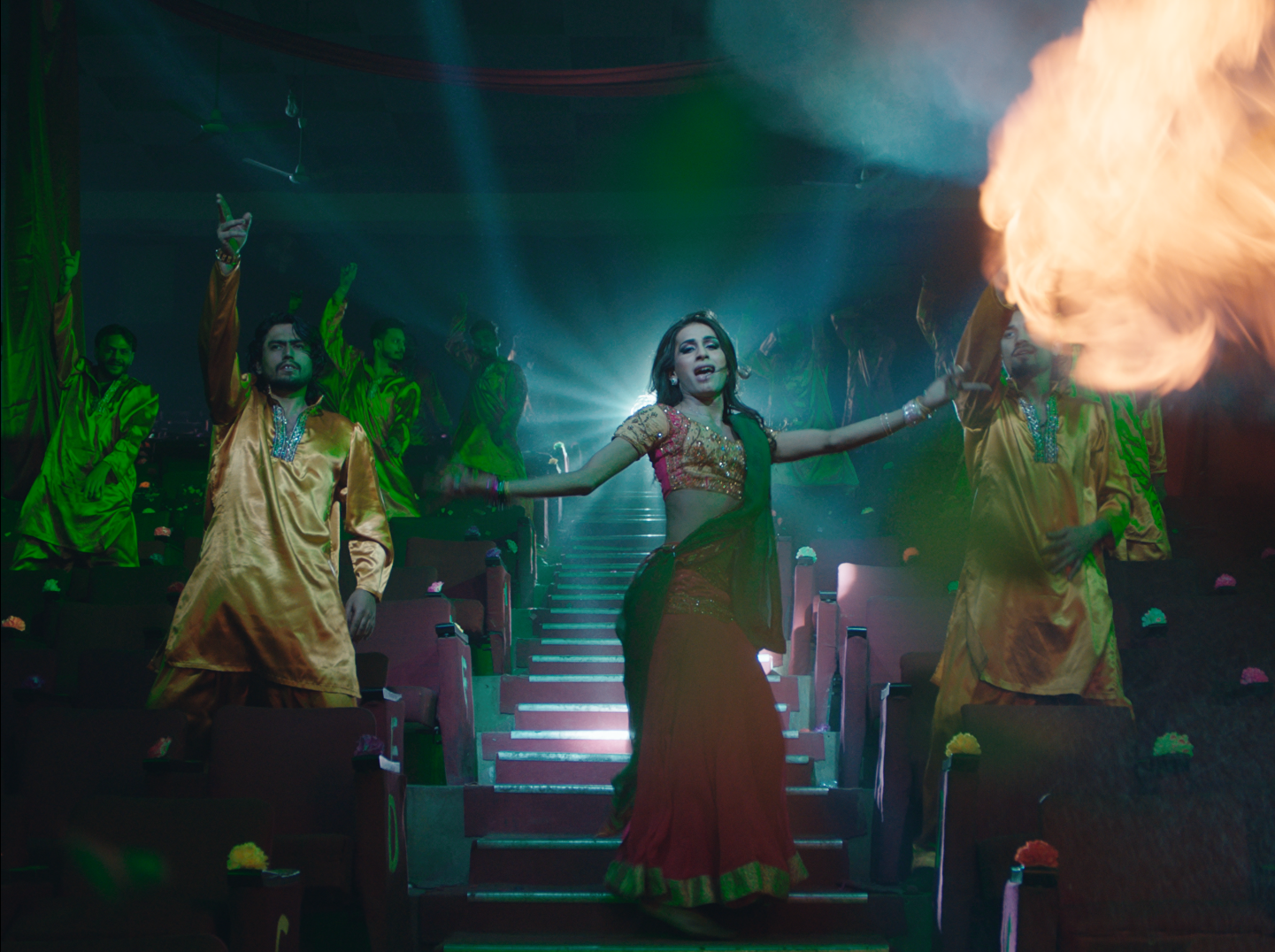
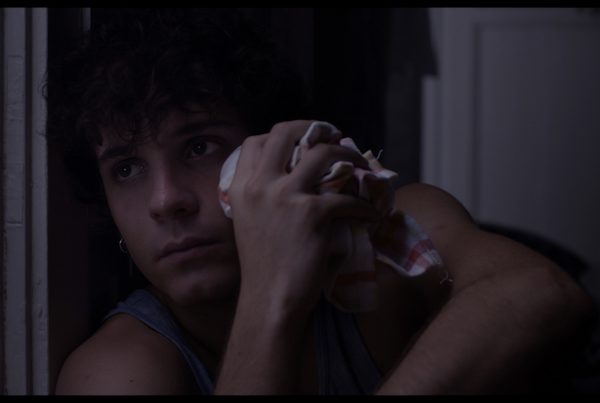
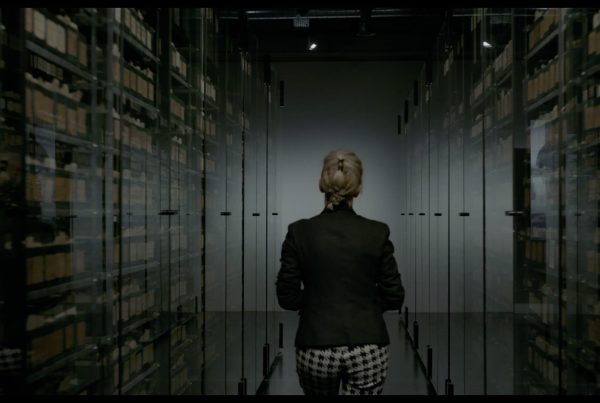
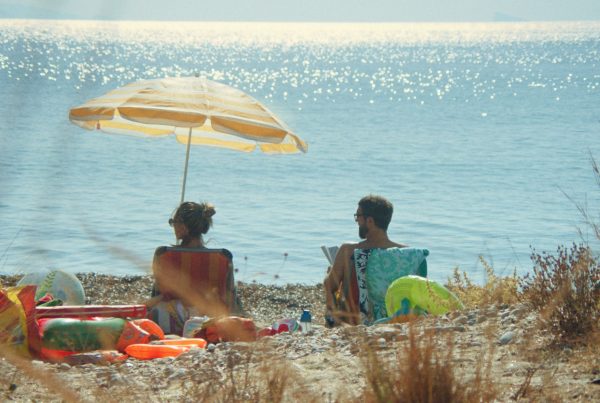
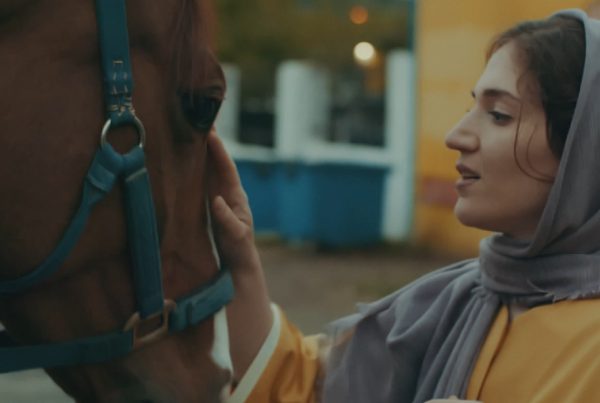
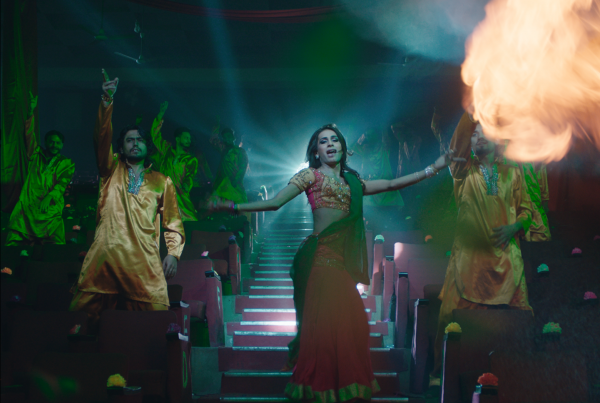






Commenti recenti